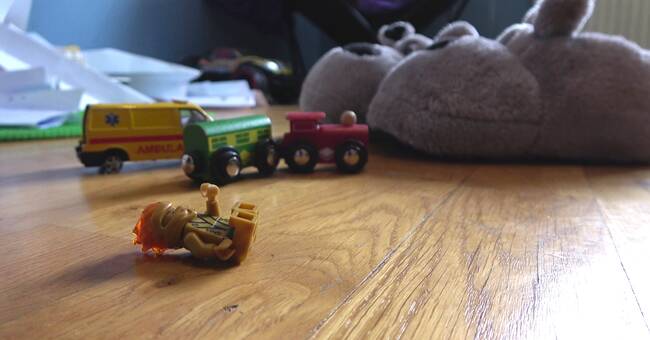The National Board of Health and Welfare's latest survey was published in June last year and shows that the number of people who lived at least one night in sheltered housing for victims of violence increased between 2012 and 2019.
The survey shows, among other things, that the number of sheltered housing, as well as the number of places, has increased in Sweden compared with the survey conducted in 2012. The National Board of Health and Welfare then identified 206 sheltered housing - in 2019 the number was 282.
Doubling the number of children
The number of people who stayed at least one night in sheltered housing also increased compared with the previous survey.
During the period 31 July 2018 up to and including 1 August 2019, approximately 6,500 adults and 6,200 children stayed one or more nights in the sheltered housing.
An increase of 38 percent for adults and almost a doubling for children.
- The number of homes and places has increased and social secretaries state in interviews we have made that it has become easier to find places.
At the same time, a high proportion of residents, 78 percent, state that they have had to reject people due to lack of space or other reasons, says Kristina Lindholm, investigator at the National Board of Health and Welfare to the authority's website.
Women with substance abuse risk being left without protection
The survey also shows that some groups have more difficulty finding a place in sheltered housing, for example people with physical or mental disabilities.
And few sheltered housing units, 22 percent, state that they receive people with substance abuse or addiction problems.
- Our assessment is that support and efforts for abused women with addiction need to be developed.
There is a need for more housing solutions for the group and access to housing with dual expertise in substance abuse and violence, says Kristina Lindholm.
The National Board of Health and Welfare plans to follow developments and make analyzes of how the crisis has affected victims of violence's ability to receive protection, support and help.

